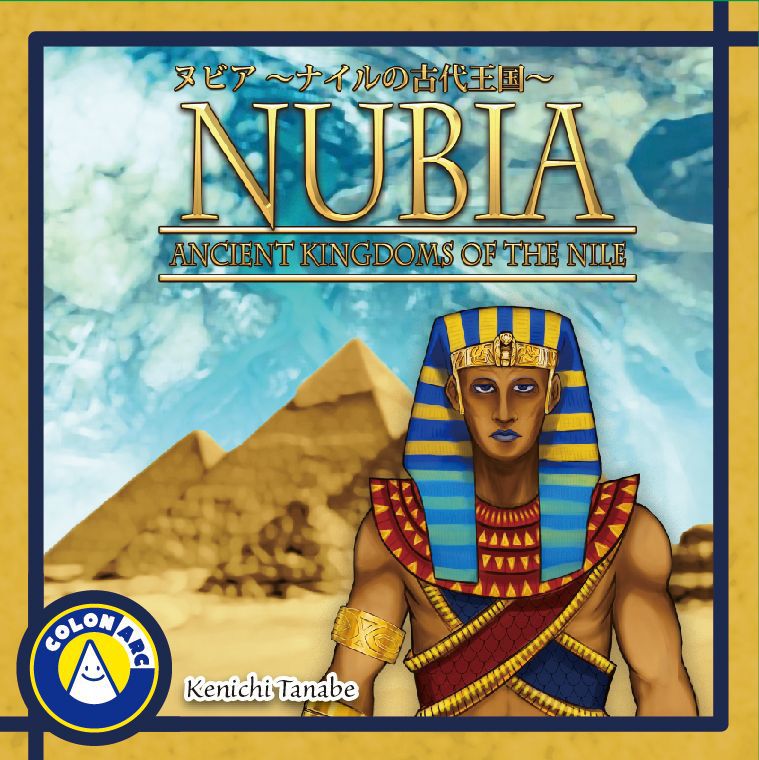Nubia: Ancient Kingdoms of the Nile
Products title that includes 'PRE-ORDER' is subject to our Pre-order Policy
Couldn't load pickup availability
Delivery and Shipping
Delivery and Shipping
For more details, please refer to our Shipping and Order Information.
Pre-Order Policy
- Pre-order items are charged at the time the order is placed.
- Prices for pre-order items are subject to change based on final landed costs.
- If the final price is lower, the difference will be refunded to the customer in the form of store credit.
- If the final price is higher, customers will be given the option to either:
- Pay the difference, or
- Cancel the item for a full refund.
- Orders containing pre-order items will be placed on hold until all items in the order are available.
- Once all items have arrived and pricing remains unchanged, the order will be automatically shipped.
- Pre-orders are fulfilled on a first-come, first-served basis.
- If a pre-ordered item becomes unavailable (e.g., the publisher cancels the product), a full refund will be issued.
- Pre-orders may be cancelled and refunded by customers or the store.
- For transactions that are no longer eligible for direct refunds due to payment processor limitations, a store credit will be issued instead.
Description
Description
| Designer | Kenichi Tanabe |
| Publisher | COLON ARC |
| Players | 1-5 |
| Playtime | 30-90 mins |
| Suggested Age | 10 and up |
Description from the publisher:
In 3000 BC, there are many kingdoms in ancient Egypt, but none more famous than Nubia, the Middle Kingdom of Egypt. With the Great Pyramid of Khufu and the Great Sphinx at Giza, Nubia lay along the river Nile.
In Nubia: Ancient Kingdoms of the Nile, the players are Pharaohs. They each make their own kingdom, with a Great Pyramid and a Royal family supported by nobility. By using their building skills and spending wheat, stone and wood, their kingdom rises step by step. The winner is the player with the greatest kingdom, judged on their pyramid, their nobles and their gold.
In more detail, each player places building cards in front of them, like a pyramid. Higher cards must be supported from below, and they cost more to build, with payment being made when constructed. The new step triggers production from the cards in the pyramid to the left and right, going down from the active card, so planning ahead is very important to success. Each player worships their own God, which brings them benefits. There are more than twenty types of building cards, with many combinations.

